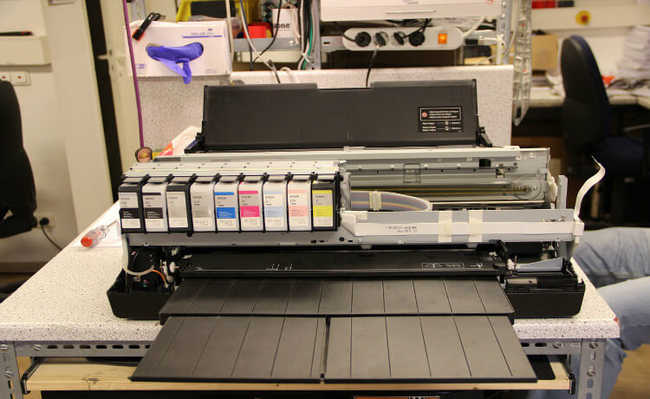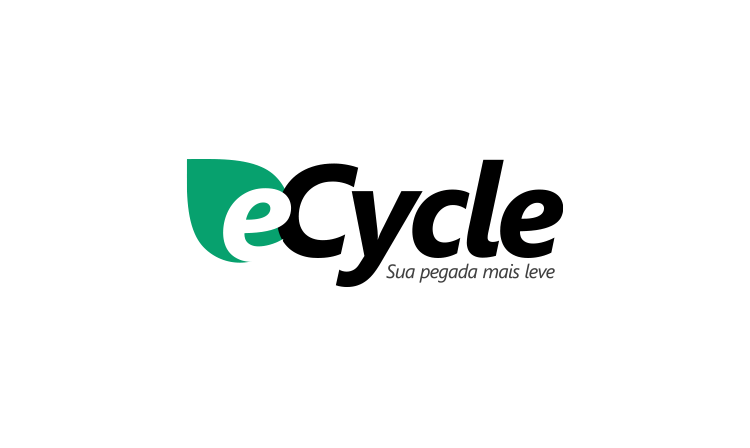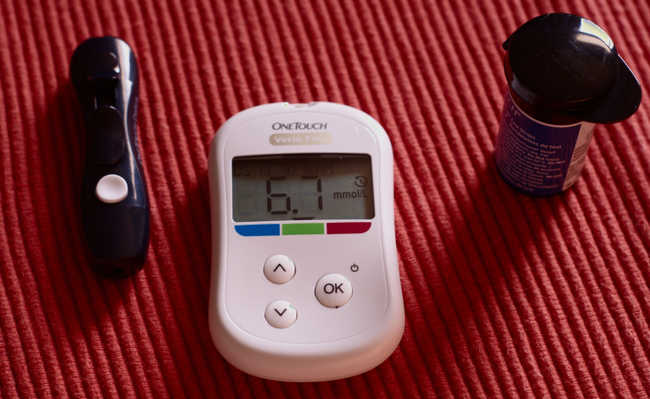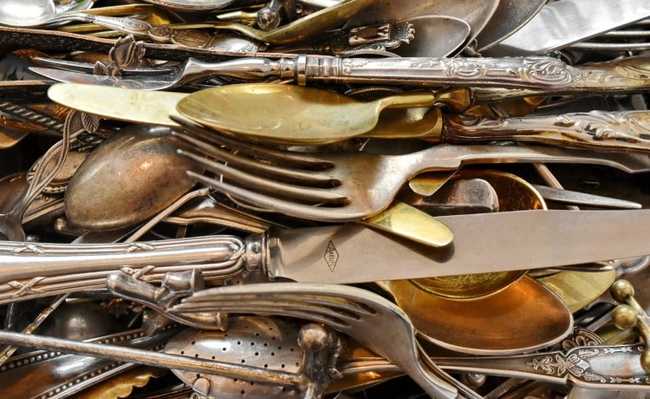Is printer recyclable?
Like the other components of a computer, it is mainly made of metals and plastics.

There are several types of printers, but the most common ones for the home user are inkjet printers and laser printers. The former are more popular as they are generally cheaper (depending on the model), support a wider variety of paper types, have good color quality, and are great for printing photographs; the latter, in turn, are more expensive than inkjet printers, print at a higher speed and, despite the toners they are also more expensive than cartridges (used in inkjet printers), they have a longer lifespan. However, the problems that they can cause to the health of those who use them for a long time weigh against the latter.
A survey conducted by the Queensland University of Technology pointed out that laser printers emit particles of toner into the air, which are potentially carcinogenic elements when inhaled by humans. According to the survey, workers who spend all day exposed to the emission of these particles are more likely to develop cancer and suffer from heart problems.
Components
Printers have many moving parts, so their operation is complex. They take in their composition different types of plastics, electronic circuit boards, a power supply system, electronic cables, copper, aluminum and other metals.
The main components are: logic board (which coordinates the work of the printer), stepper motor (responsible for moving the print head and ink cartridges on the sheet of paper), paper tray, rollers (set of wheels that pull the paper from the tray to the print head when you need one more sheet to print) and electrical control circuits (decode the information sent to the printer by the computer).
All these parts are recyclable in their own way, but for this the device must be disassembled properly.
Cleaning
Some precautions are important to ensure the proper functioning of the printer. Cleaning it periodically, every three months, for example, is one of them. Check out some tips below:
- Use a soft brush to remove dust and dirt from the outer case and paper intake support. If these parts are still dirty, use a soft cloth dampened with neutral detergent. And be careful not to injure your hands on the printer's internal components;
- Keep the cover on the printer to prevent water and dust from getting inside;
- For printers with scanners, clean the scanner with a soft, dry cloth, but be careful not to put too much pressure on the scanner glass.
Where to recycle?
Printers contain heavy metals that are harmful to human health and the environment, so proper disposal is important. Recycling a printer involves dismantling the device, separating its parts according to type (plastic, metal, rubber) and shredding certain parts. After being crushed, the residues are transformed into raw material and reinserted into the production chain of other new products. The parts that cannot be completely recycled are sent to the least harmful destination possible.
For a safe and ecological disposal, look for the printer manufacturer who, according to the PNRS, must collect the items produced by them and send them for recycling - another option are specific companies that recycle electronics. eCycle gives you help in finding a correct destination. Just enter the Recycling Stations section through the link at the bottom of the page or through the box in the upper right corner of the screen.
Another option at the time of disposal is to donate to schools or organizations, if the models are still working. Thus, you will be contributing to the preservation of nature and helping other people. A final alternative is to upcycle the old printer. A technology company has launched a campaign to encourage its consumers to recycle their used appliances. Take a look at the photos below and the fun and creative tips for turning your old printer into a new object.



Recycling only takes place in firms specializing in this service. Look for specialized electronics disposal points, or use our home collection service. But remember, always opt for conscientious disposal, respecting the environment!










